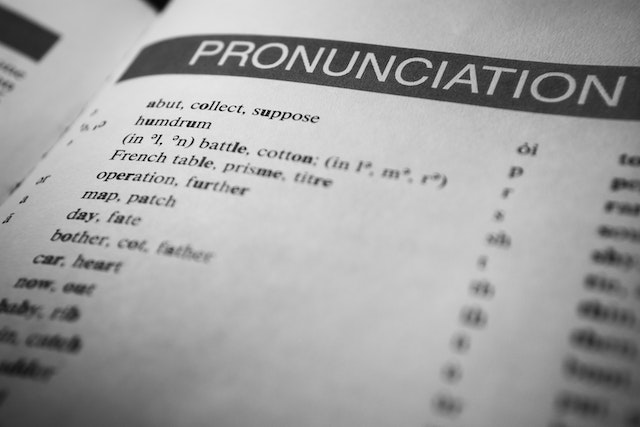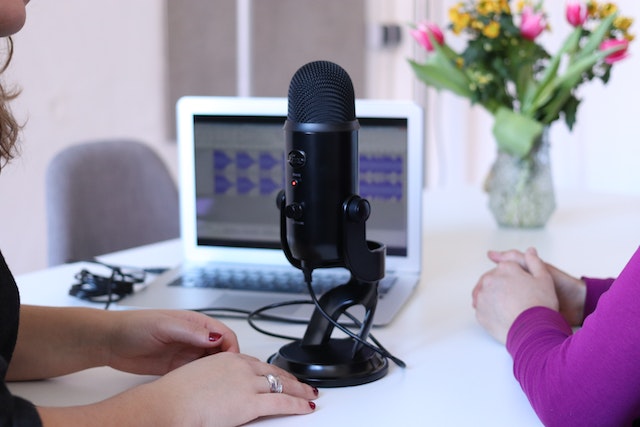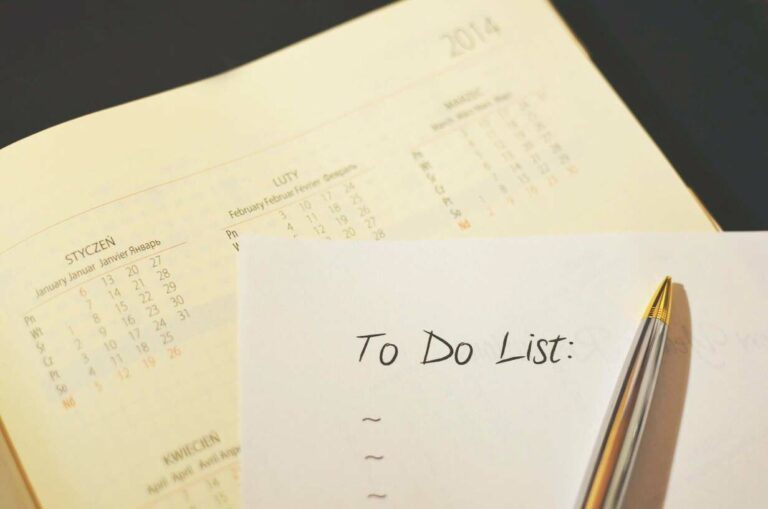Written by: Olivera Tolimir
Did you know you can’t join a spelling bee contest in Serbia?
It’s not that we have anything against you (or anyone working on their Serbian pronunciation).
The truth is – we don’t organize spelling bees. Ever.
The Most Easy-Breezy Alphabet in the World
The reason for not having a spelling contest in Serbia is quite logical. Our spelling rules are so ridiculously simple that we can’t say there’s any spelling whatsoever.
As soon as you learn our 30 letters, you’ll be able to read any word in Serbian. For this, we can thank the number one rule in our language: one letter = one sound.
But! (There’s always a but). There is something that can cause problems reading. It’s Serbian pronunciation. We don’t talk about the English type of a problem here (gh in cough and f in food being pronounced the same, but then not like a gh in through – seriously, English?!).
We’re talking about accents.
Serbian Accents

Serbian has four different accents: two long and two short ones. One of each rises in tone, and one of each falls.
The last syllable of a word is never stressed. Also, only the first syllable in a word can hold any accent. The rest can only rise (and shine). 🙂
For monosyllabic words, we only use falling accents.
Huh!
Hey, you know what? Not many Serbians can tell you which word has which accent. So, why are we even telling you about them, then?
Although no one will ask you to explain the accentuation of Serbian words, correct articulation will make you sound more natural.
How to achieve this, you wonder? Let’s look at the best pieces of advice to improve your Serbian pronunciation!
Listen. Listen. Listen!
We’ve already written about the importance of listening to native speakers. But we can’t stress this enough. Watching Serbian movies and TV shows and listening to music will take you a long way. If you add speaking to your Serbian teacher or friends and relatives from Serbia, you’ll rapidly improve your pronunciation.
Listening is a powerful tool because it also helps you with sentence accents.
Compare Minimal Pairs
Do you know what minimal pairs mean? Those are pairs of words that differ in only one sound. For example:
- beba : baba
- par : bar
- mačak : Čačak.
Reading minimal pairs out loud helps you concentrate on particular sounds. It’s especially effective in examples such as par : bar, because sounds b and p share all the same characteristics, except one. That makes them difficult to distinguish, especially for a beginner.
You can combine more than two words that differ in one sound. For example, beba : baba : buba. This one is great for practicing articulating vowels.
The position of a sound in a word is crucial for its pronunciation. For example, the sound n won’t sound the same when surrounded by vowels, as opposed to being next to a consonant: nana : Anka. It’s excellent for noticing subtle differences in the articulation of Serbian sounds.
Did you know that by subscribing to our newsletter, among other free learning material, you get pronunciation exercises just like these?
Record Yourself

At first, recording yourself repeating, beba, baba, buba; beba, baba, buba may feel silly. But we guarantee you it’s the best way to practice your accent and articulation.
Do you know how everyone’s shocked to hear their voice taped? It’s the same reaction for every person on the planet, Ewww, do I sound like that in real life?!
And that’s just the tone of their voice while speaking their mother tongue.
Can you imagine then how flabbergasted people are to have themselves talking in a foreign language played back to them? It’s not just the tone of the voice anymore. It’s the accent, diction, and those little unwanted pauses.
But once you get past the initial disappointment, you’ll realize how convenient this trick is. While recording yourself repeatedly, you’ll catch and correct your slips.
One more tip: use the audio of a native speaker and try repeating after them. Record yourself, play it, and then compare it to the native speaker’s articulation.
If you find the constant recording and listening dull, try this exercise with a Serbian teacher. Repeat your Serbian teacher’s words, so they’ll instantly hear your mistakes and correct you. It saves time, for sure!
Note Down the Accent
You’ve probably noticed we don’t mark accents when writing Serbian. Serbians don’t feel the need to do so, but you maybe do. And that’s a great idea!
After listening to your Serbian teacher or another native speaker, underline the accentuated syllables in new words. That way, you won’t only learn the word’s meaning but also its articulation.
Focus on the Tricky Ones

This advice is not exclusively bound to articulation learning. But it’s good to remind ourselves of it from time to time.
If you’re anything like most humans, you like to opt for an easier path. And there’s nothing wrong with it. Humans wouldn’t last long, as a species, if they always chose the more difficult road.
But when we talk about learning, choosing the easy way will get you more trouble than benefits. Let’s explain it.
If you’re trying to learn a word for addiction in Serbian, you should know there are two words for it:
- adikcija
- zavisnost.
Which one is easier for you to remember? Of course, it’s adikcija. It’s similar to addiction, international, and a great choice to avoid trying to pronounce zavisnost.
There’s one problem, though. In Serbia, 99% of people use the word zavisnost. So, if you don’t remember it, the Serbs will be able to understand you. But you won’t be able to understand them!
Let’s go back to our pronunciation. Practice the tricky ones! Work on your weaknesses, and it will pay off!
If you’re still having trouble with pronunciation, the best way to learn it is to work with a Serbian teacher. A Serbian teacher will correct you in real-time and draw your attention to problematic areas.
If you’re more of an I can do it myself type of person, you must check out our new self-paced A1.2 course! We’ll launch it in just eleven days, on October 8th.
The course has 250+ exercises (grammar, vocabulary, games, listening, and so on). Each lesson also contains audio sentences in Serbian with an English translation to help you practice your pronunciation!



